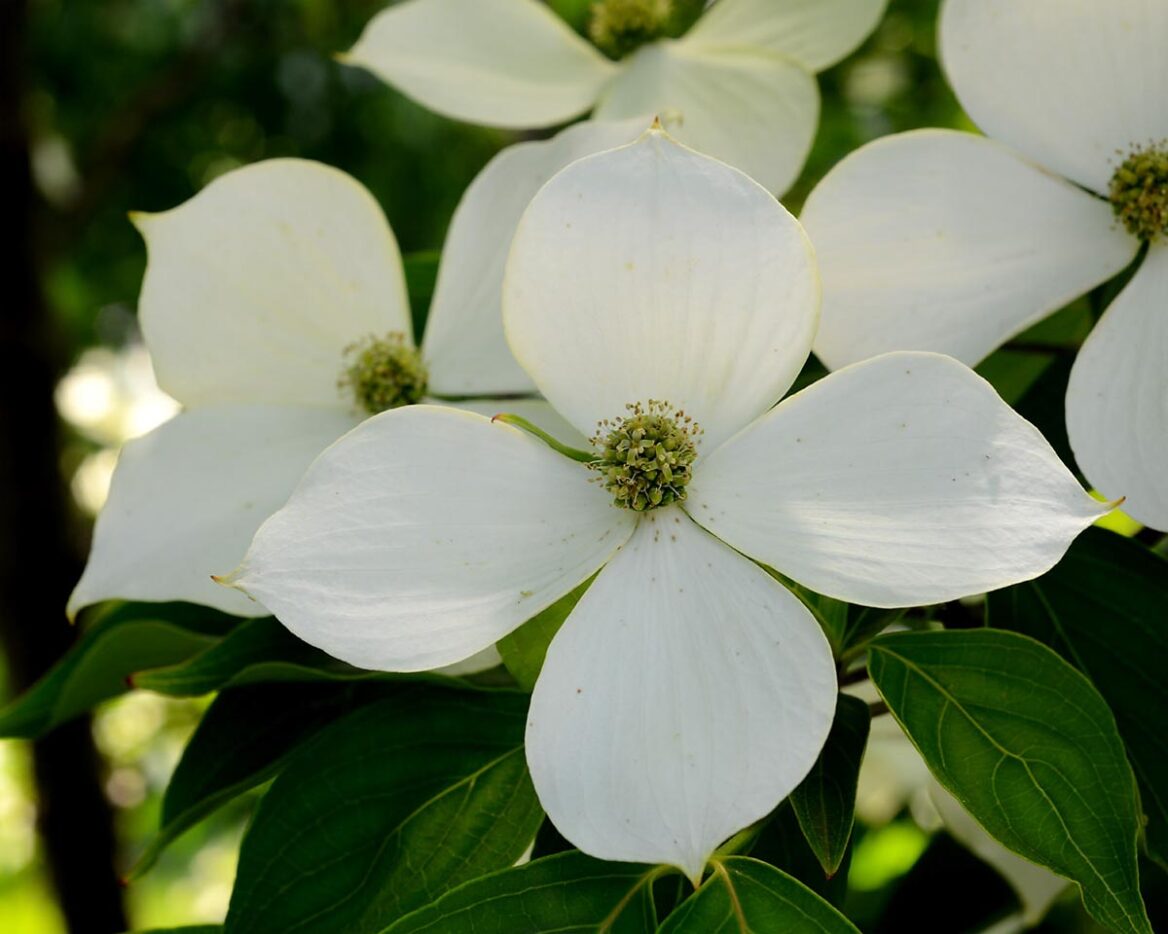Cornus kousa
Japanese Dogwood
Cornus kousa has a vase-shaped structure when young, which becomes more rounded as it ages. In late spring to early summer, Cornus kousa produces beautiful white flowers, adding to its visual appeal. The red fruit that follows is a source of food for birds. During autumn, the green foliage of Cornus kousa turns into a beautiful purple-red color, making for a striking display. Additionally, Cornus kousa is known for its hardiness, making it a great choice for any landscape. Cornus kousa is deciduous and native to East Asia including Korea, China, and Japan. Learn more about Cornus kousa.
Other common name(s): Chinese Dogwood, Korean Dogwood
Synonyms: Cornus kousa var. kousa, Cornus kousa subsp. kousa
$156.00 – $208.00
Deciduous
Height: 4.0m
Width:
3.0m
Estimated 10 year height and width
Cornus kousa stock information
Full Stocklist| Grade | Height | Standard | Available | I/P | Qty / Price |
|---|---|---|---|---|---|
| 35L | -m | 1 | 0 |
$156.00Add to cart |



